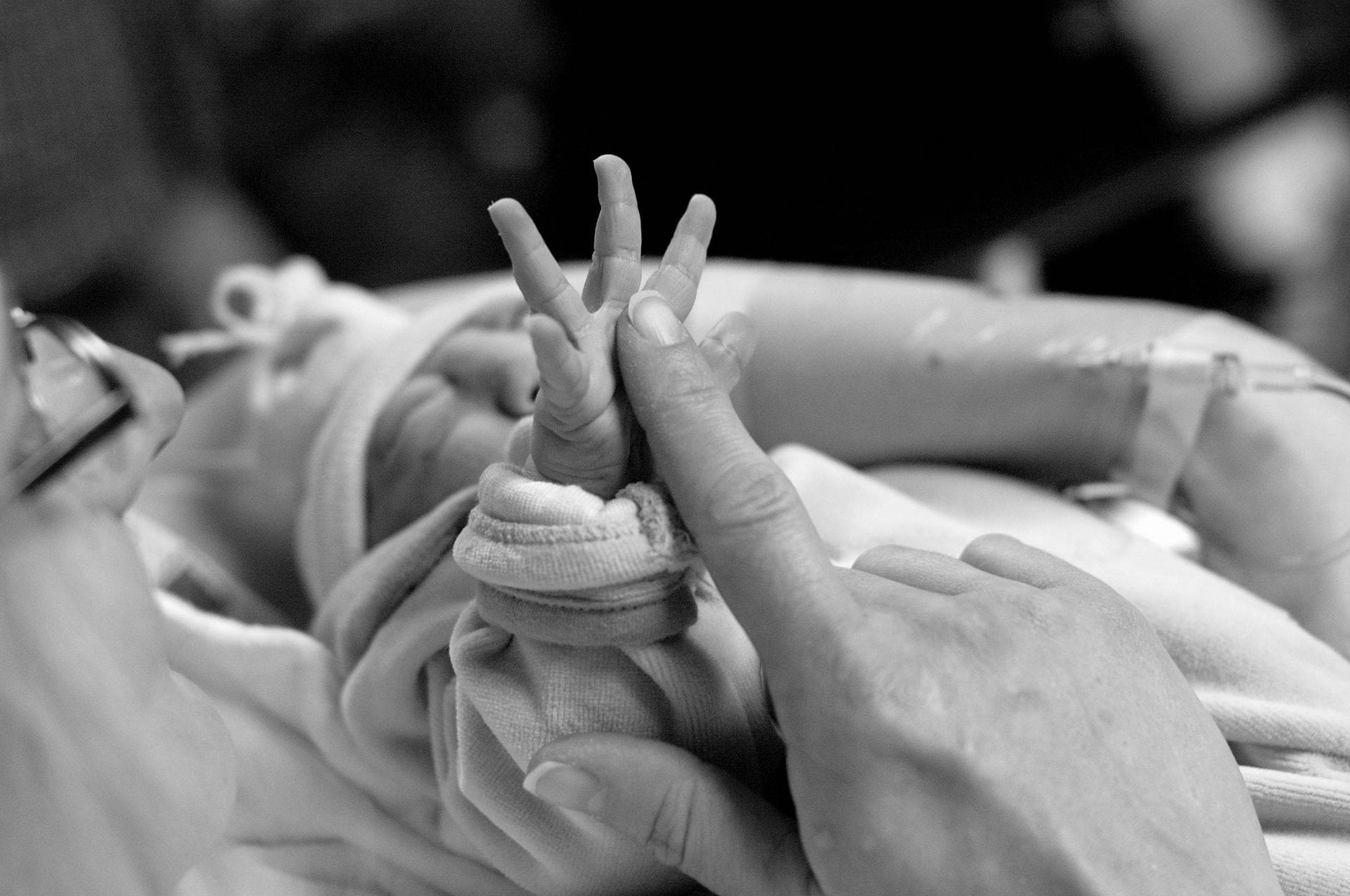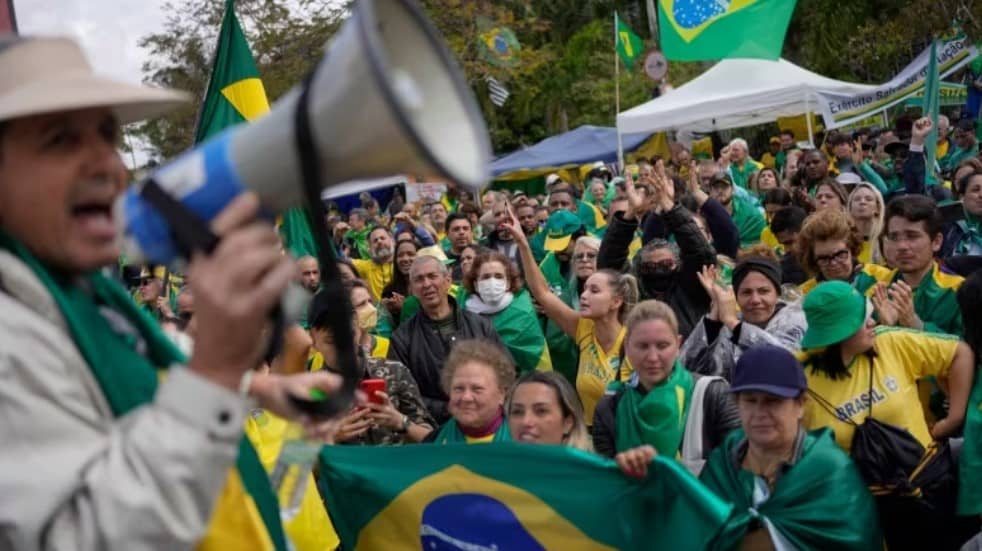Does the acceptance of same-sex marriage and contraception mean Catholics are being pushed out of the public square? One prominent American cardinal thinks so.
News last week that the 2015 New York Saint Patrick’s Day Parade will allow an openly gay group to march for the first time raised an eyebrow among some conservative Catholics. Though the parade is not affiliated with the church, Cardinal Timothy Dolan of New York will serve as grand marshal. It’s the latest example, critics say, of once Catholic traditions bowing to pressure from secular society.
As practices disapproved of by the church such as same-sex marriage and contraception continue to spread, some Catholic leaders are suggesting that society is post-Christian, and wonder if there’s room for faithful Catholics in civic life.
In his column at Catholic New World, Cardinal Francis George of Chicago suggests Catholics might need to retreat from public life to live their beliefs faithfully.
“Swimming against the tide means limiting one’s access to positions of prestige and power in society. It means that those who choose to live by the Catholic faith will not be welcomed as political candidates to national office, will not sit on editorial boards of major newspapers, will not be at home on most university faculties, will not have successful careers as actors and entertainers,” he wrote on Sunday.
George’s comments come at a time when self-identified Catholics hold more political power than perhaps any other time in US history. Vice President Joe Biden frequently cites his Catholic faith, as do Speaker John Boehner and Minority Leader Nancy Pelosi. Six of the nine US Supreme Court justices also are Catholic.
George, a vocal opponent of same-sex marriage, blames the “ruling class” for bringing “social and legislative approval to all types of sexual relationships that used to be considered ‘sinful.’”
He compared court rulings that fine business owners who refuse to serve same-sex couples or offer contraception coverage in insurance plans to “Christians and Jews [who] are fined for their religion in countries governed by Sharia law.”
Blogging for the Archdiocese of Washington, Msgr. Charles Pope criticized Cardinal Timothy Dolan, without mentioning him by name, for not dropping out of the parade, and for hosting President Barack Obama at the 2012 Al Smith Dinner, a major fundraising event for Catholic Charities.
“[W]e are being asked to raise toasts and to enjoy a night of frivolity with those who think it is acceptable to abort children by the millions each year, with those who think anal sex is to be celebrated as an expression of love,” he wrote in a now deleted post.
A spokesman for the Archdiocese of Washington said that Monsignor Pope chose to remove the post. In a new post, he wrote that he remains “concerned about the central point of the article, namely, how we as Catholics can effectively engage a culture that increasingly requires us to affirm what we cannot reasonably affirm.”
Polls show that a majority of Catholics support both same-sex marriage and the use of contraception, both at odds with church teaching. And some Catholics believe Pope Francis has signaled a shift in the church’s attitude toward gays, and they hope that a synod next month addressing family issues might institutionalize that stance.
But other Catholics think the church is at the cusp of violence against believers, something more akin to stories found in the Evangelical end-times series “Left Behind” than the one-time sunny disposition of American Catholics, the largest Christian denomination here.
In San Diego this past weekend, participants at the Catholic Answers Conference gathered to learn how to “re-evangelize a culture that has turned its back on God.”
One speaker, Karl Keating, addressed how to evangelize in the face of “soft persecution.” Another, Christopher Check, warned that a series of priest killings in Mexico in the early 1900s “may foreshadow that which is to come in the United States.”
Joshua Bowman, a writer at Catholic Vote, wrote that Catholics who oppose same-sex marriage are already under attack.
“[I]f you believe marriage is the indissoluble and exclusive union of one man and one woman–even if only in the most secret depths of your heart–you will be discovered and you will be next. If we do not stand up to defend marriage now, who will defend us in the days to come?” he wrote last week.
At their most recent gathering this summer in Baltimore, Catholic bishops focused on threats to religious liberty and threats to marriage, in line with Catholics who question their place in civic life.
But, as a body, bishops believe Catholics have a duty to engage the political sphere.
“In the Catholic Tradition, responsible citizenship is a virtue, and participation in political life is a moral obligation,” their election guide, Forming Conscience for Faithful Citizenship, states.
In May, Pope Francis urged Catholics to engage cultures that might seem at odds with Catholicism.
“In this time of great social change, evangelization requires a thoroughly outgoing missionary Church, capable of discernment in order to engage with different cultures and visions of man,” he said to the Pontifical Mission Societies.
Last year, the pope said that Catholics and atheists “must meet one another doing good.”
For his part, George has consistently questioned if secularization is ushering in American decline.
“I expect to die in bed, my successor will die in prison and his successor will die a martyr in the public square,” he said to a group of priests in 2010. “His successor will pick up the shards of a ruined society and slowly help rebuild civilization, as the church has done so often in human history.”
His words on Sunday seemed to drop that hint of hope.
“Catholics do know, with the certainty of faith, that, when Christ returns in glory to judge the living and the dead, the church, in some recognizable shape or form that is both Catholic and Apostolic, will be there to meet him. There is no such divine guarantee for any country, culture or society of this or any age,” he wrote.

















